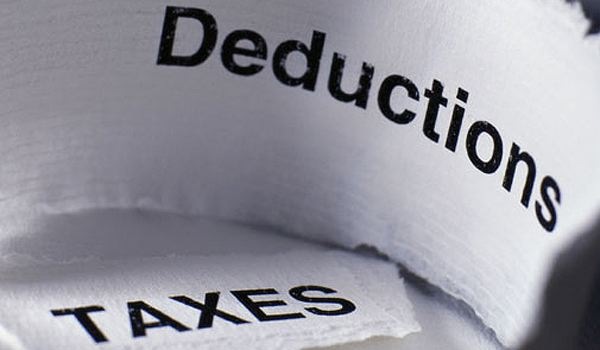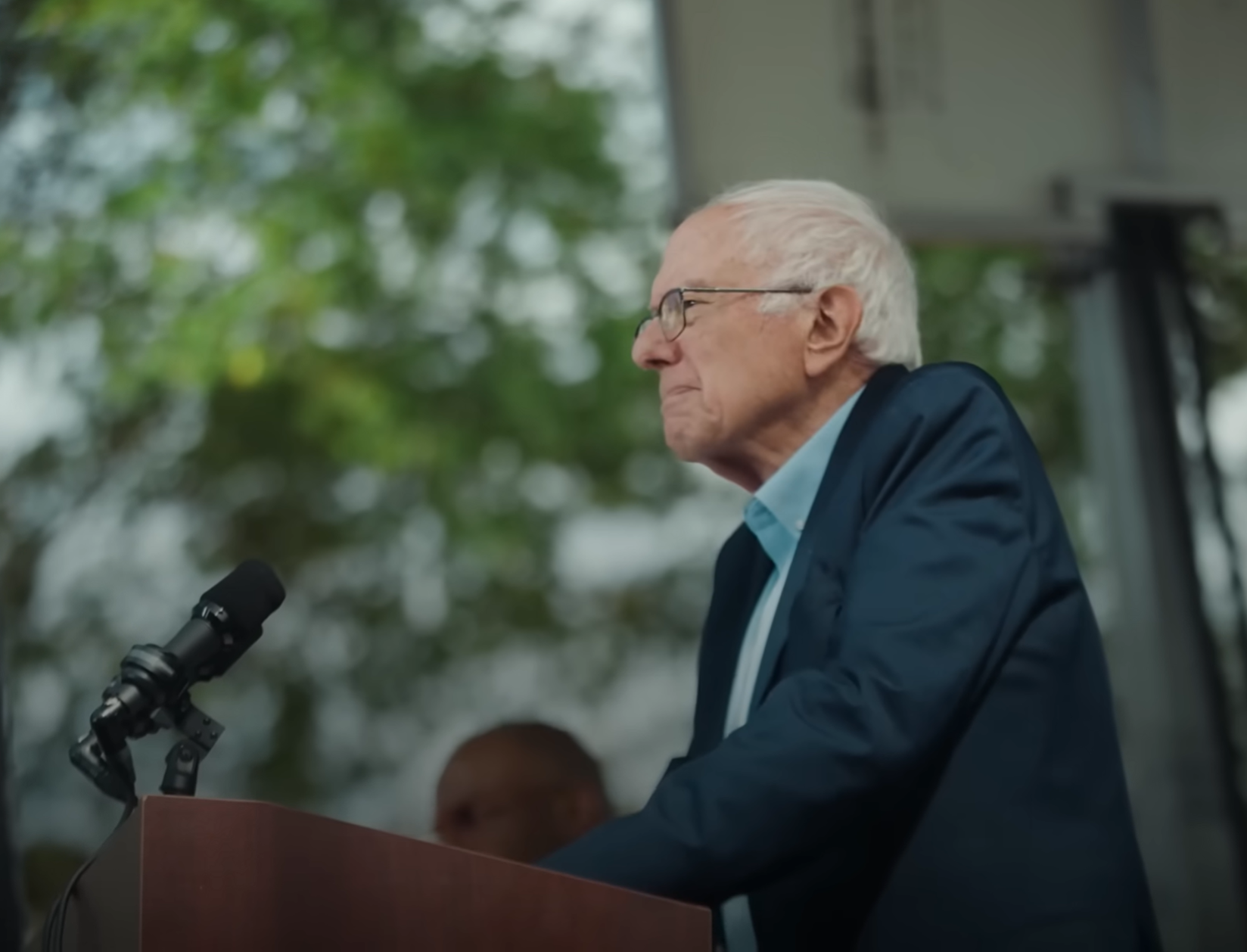Not so fast: New proposed regulations that would permit nonprofit organizations to request Social Security numbers for donations of $250 or more could be stopped dead in their tracks. A new bill introduced in Congress by Senator Pat Roberts (Rep.-KA) would derail the regs before they ever arrive in the station. The new measure, if passed and signed into law, preserves the current means for substantiating charitable donations.
The IRS regulations are drawing criticism from several quarters because this option could expose more taxpayers to the potential for identity theft. They are also viewed by some as another slap at donors to conservative-leaning organizations in the aftermath of the Tea Party scandal targeting these groups. And, finally, the detractors fear is that this optional practice could quickly become mandated.
“The rule would provide the IRS detailed information on who is making donations to particular charities,” said Roberts on the Senate floor. “The IRS has already threatened donors in groups that it doesn’t like. I don’t think we can trust them with a new source of data on donors. There also is no assurance that the agency will stop at this voluntary rule and move to make such reporting mandatory for all contributions and all charities.”
Currently, the onus is on taxpayers to obtain a written acknowledgement from charities for monetary donations of $250, including vital information about the gifts. Essentially, the proposed regs would allow the organization to assume this responsibility, but it would have to provide the donor’s name, address and Social Security number; the amount of money donated (or a description of any property donated); a statement of whether the charity provided any goods or services in exchange for the donation, and; if so, a description and good faith estimate of the value of any goods or services provided by the charity.
Roberts’ bill maintains the status quo. It would block implementation of the proposed regulations, so recordkeeping for donations would be business as usual. This bill has gained support from several organizations, including the National Council of Nonprofits, a nationwide group representing over 25,000 charities.
“Given that the agency has not yet adequately addressed the issues surrounding breaches of existing taxpayer information, a point the IRS readily acknowledges, and states that the existing system of substantiating charitable contributions works well, there is no compelling tax administration or enforcement reason to move forward with this proposal,” added Roberts.
For its part, the IRS stresses that the proposed rule would be strictly voluntary, while proving to be beneficial to taxpayers and charities alike. “The IRS released proposed regulations in September that would potentially implement an optional, alternative way of substantiating donations for some donors that is provided by statute,” it said in a statement. “This project was prompted because some donee organizations and donors were interested in using this option.”
The IRS will continue to review public comments to the proposed regulations until the deadline of December 16. We will see if it decides to make any revisions in light of the new bill in Congress.
Thanks for reading CPA Practice Advisor!
Subscribe Already registered? Log In
Need more information? Read the FAQs
Tags: Income Taxes




